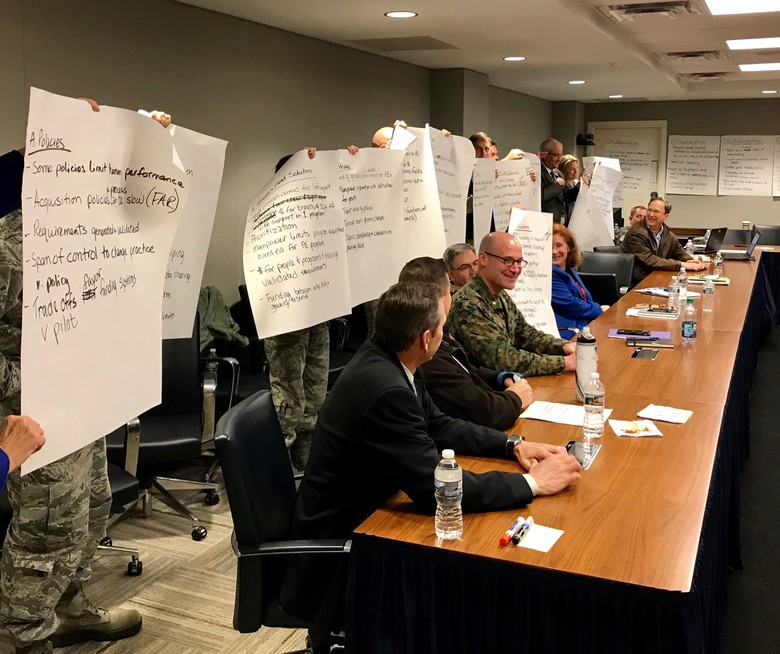
A collection of data scientists, engineers, human physiologists, pilots, and other experts gathered under the guidance of the Air Force Physiological Episodes Action Team (AF PEAT) this week with the goal of reducing physiological episodes.
“Hackathons,” as it was called, are sprint-like events that provide experts a space to collaborate on a specific issue to solve problems or establish a course of action. The Air Force wants tactical aviation to be safer, and part of that involves research, sensor development, and system improvement or redesigns among in-service aircraft and Department of Defense operations alike. They are currently working on and requesting designs that enhance the humans behind the technology.
Since 2011, the Air Force has noted physiological episodes afflicting several of its fleets, notably the F-22 Raptor, F-15 Eagle, F-35 Lightning II, A-10 Thunderbolt II, and T-6.
“Working closely with the Navy, NASA and other industry partners, the Air Force is making huge strides to better understand and solve issues,” Brig. Gen. Edward Vaughan, AF PEAT team lead, said. “We are in a period of very positive, but disruptive, innovation. There are hundreds of efforts across the human physiology and aircraft ecosystems moving in many directions. AF PEAT brought some of the best minds together to establish a common roadmap with measurable milestones, while still permitting our network of designers to think and create solutions.”




